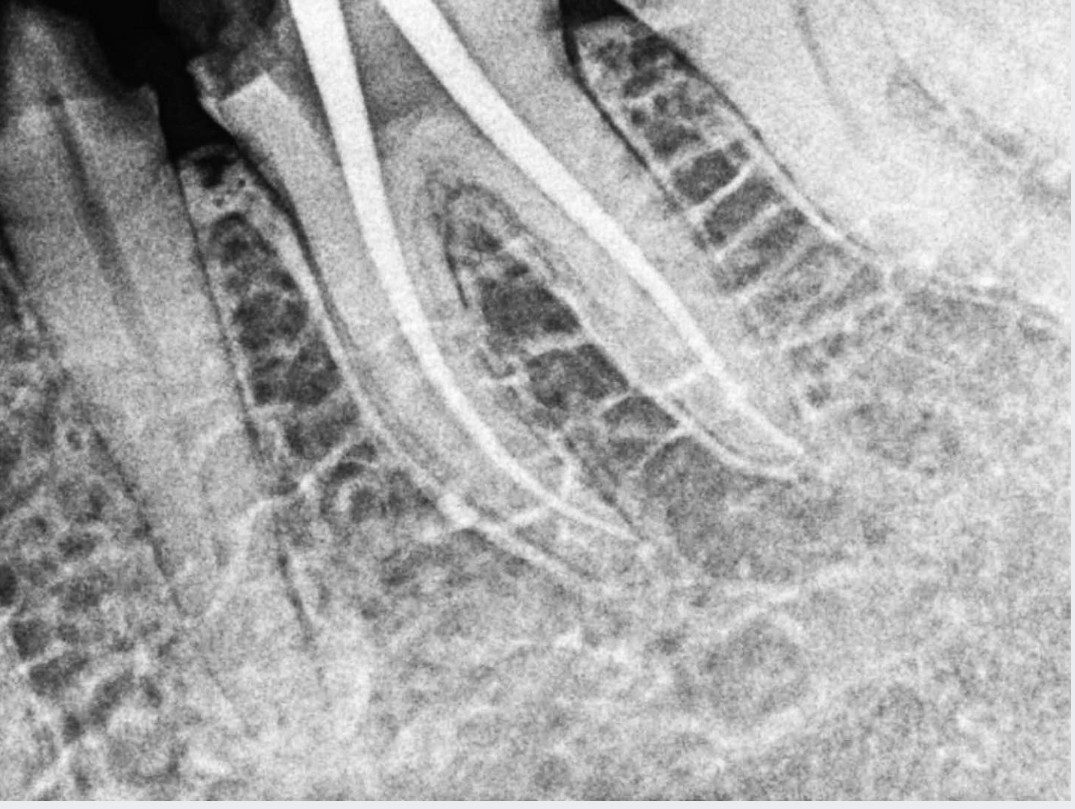+919790726189

This is your website preview.
Currently it only shows your basic business info. Start adding relevant business details such as description, images and products or services to gain your customers attention by using Boost 360 android app / iOS App / web portal.
MANAGEMENT OF PAIN AFTER ROOTCANAL AT WEST MAMB...

MANAGEMENT OF PAIN AFTER ROOTCANAL AT WEST MAMBALAM ASHOK NAGAR CHENNAI Understanding Pain After Root Canal Treatment: Causes and Management When Infection Persists Root Canal Treatment (RCT) is a widely performed dental procedure aimed at treating infected or damaged pulp tissue in teeth. While the procedure is highly effective, some patients may experience pain or discomfort afterward, particularly when an infection persists. This article explores the causes of post-RCT pain due to infection and provides insights into its management. Causes of Pain After RCT When Infection Persists Residual Infection in the Root Canal If the infection was not entirely eradicated during the procedure, bacteria may continue to thrive within the root canal system, leading to persistent pain and inflammation. Periapical Inflammation Infections can extend beyond the root canal to the periapical tissues (tissues surrounding the root tip), causing inflammation, swelling, and pain. Missed Canals Teeth often have complex canal systems with additional or accessory canals that may be missed during the initial treatment, leaving residual bacteria that cause pain. Overfilling or Underfilling of the Root Canal If the root canal filling material extends beyond the root tip (overfilling) or does not completely seal the canal (underfilling), it may irritate the surrounding tissues and lead to discomfort. Reinfection Reinfection can occur due to improper sealing of the tooth, new decay, or issues with the restoration placed after the RCT. Fractured Tooth or Restoration A fracture in the tooth or restoration can expose the root canal system to bacteria, causing pain and reinfection. Delayed Healing Some cases involve delayed healing due to the severity of the original infection, immune system issues, or chronic inflammation. Management of Post-RCT Pain Due to Infection Thorough Diagnosis Dental professionals will evaluate the affected tooth through clinical examination and radiographs to identify the source of pain and assess the extent of infection. Re-Root Canal Treatment (Re-RCT) If residual infection or missed canals are identified, a re-treatment may be performed to clean, disinfect, and re-fill the canals. Endodontic Surgery In cases where infection persists despite re-treatment, surgical intervention such as an apicoectomy (removal of the root tip and infected tissue) may be necessary. Antibiotics and Anti-Inflammatory Medications A short course of antibiotics may be prescribed to combat bacterial infection, along with anti-inflammatory drugs to reduce pain and swelling. Pain Management Over-the-counter pain relievers like ibuprofen or acetaminophen can alleviate discomfort. In severe cases, prescription-strength medication may be needed. Proper Restoration Ensuring the tooth is properly restored with a crown or filling prevents reinfection and enhances the longevity of the treatment. Extraction as a Last Resort If the infection cannot be resolved and the tooth’s structural integrity is compromised, extraction may be considered. Prevention of Post-RCT Infections Choose an Experienced Dentist: Proper technique during RCT minimizes the chances of infection. Follow Aftercare Instructions: Adhering to prescribed care, such as avoiding chewing on the treated tooth until fully restored, aids in healing. Timely Restorations: Ensure the tooth is promptly restored after RCT to prevent bacterial contamination. Maintain Good Oral Hygiene: Regular brushing, flossing, and dental check-ups help in preventing reinfection. When to Seek Professional Help If you experience severe pain, swelling, fever, or persistent discomfort after RCT, consult your dentist immediately. Early intervention can prevent complications and ensure successful treatment outcomes. Conclusion Pain after RCT, particularly when an infection persists, can be distressing. Understanding the underlying causes and seeking timely management are crucial for resolving the issue and preserving oral health. Regular follow-ups with your dentist and proper aftercare can significantly reduce the risk of complications and ensure long-term success. Dental Clinics in West Mambalam Dentists in West Mambalam Dentists in Ashok Nagar Best dentist near me Best Dental Clinics in West Mambalam Oral surgeon in West Mambalam Dental Implants in West Mambalam Oral surgeon in Ashok Nagar Painless tooth removal at West Mambalam Rootcanal treatment at West Mambalam

